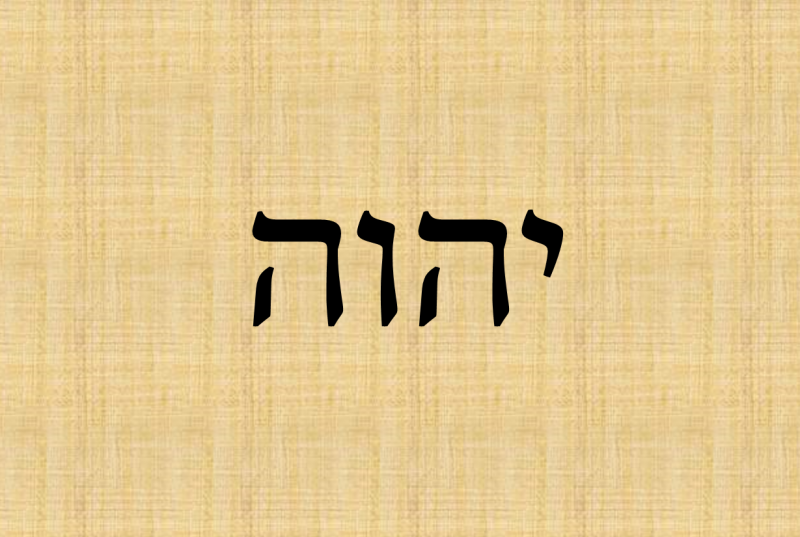If you grew up singing hymns, you are familiar with the name “Jehovah”—and even if you don’t know a hymnbook from a matchbook, you are still likely familiar with the name.
It’s a name for God, right?
Well, not exactly. If you look through your Bible, you’ll have a hard time finding “Jehovah.” It shows up a handful of times in the King James Version, but few other versions use it (unless you’re using the 1901 American Standard Version, which I’m guessing you’re not).
What’s up with that? How is the hymnbook full of names for God that aren’t, well, actual names for God?
It’s a name for God, right?
Well, not exactly.
To answer this question, we have to start with what God’s names are—specifically, two of his names: Lord and LORD. The difference in capitalization of these names is not due to poor proofreading. It’s intentional and important.
- “Lord” is a translation of the common Hebrew word adonai (adon/adonay), and it simply means “master,” as in the lord of the house. The word is used to describe human masters/lords, like Joseph when he ruled in Egypt, Moses when he delivered Israel, and David when he was king. It’s also often used (with a capital L) to refer to God as the Lord, the Master—he is Lord of all lords.
- “LORD” is used to represent the personal name or the divine name of Israel’s God, Yahweh. In Hebrew the divine name is written with four consonants: YHWH (this is called the Tetragrammaton, meaning “four letters”). The pronunciation “Yahweh” is scholars’ best guess for how Old Testament Israelites would have said YHWH, because the Jews stopped speaking the name a century or more before Jesus was born. They considered it too holy to utter, and Jews today simply call it “The Name.”
But when the Bible was read aloud—which was often since few people had their own copies—something needed to be said when “YHWH” appeared in the text, so Jewish scribes who preserved the Old Testament used the vowels from “Adonai” with the consonants of the divine name. Readers knew to say “Adonai” instead of anything with the four letters YHWH. So, what they saw was the equivalent of “yehowah” but what they said was “Adonai.” Still with me?
Then in the transition from Hebrew to Latin, the Latin letters of the Tetragrammaton, JHVH, were combined with the vowels of “Adonai” to produce “Jehovah.”
So, in summary:
- “Lord” is the name—title, really—that signifies God is lord/master of all.
- “LORD” is the divine, personal name of Israel’s God—YHWH/Yahweh.
- “Jehovah” is a convergence of Jewish tradition and Latin.
In some ways, the existence of the name “Jehovah” testifies to the fact that God uses our limitations to make himself known.
Even though “Jehovah” is something of an artificial form—an accident of history, perhaps—we don’t need to excise it from our vocabulary or rewrite our hymns. It is a literary-cultural-historical “translation” of the divine name, YHWH. In some ways, its existence testifies to the fact that God uses our limitations to make himself known.
What’s your favorite hymn with “Jehovah”?



Thanks for providing clarity on this!
“Guide me, O Thou Great Jehovah” is my fav hymn using that word.
One of my favorites!
I love your conclusion from this! Insights like this are why people should take your class, The Bible Explored. 😊
Thanks, Jenn!
Jehovah is a name used by Jehovah Witnesses, and I believe they use it exclusively in their version of the Bible… have you investigated why this is?
Great question, Terry! I have not looked into the JW usage at all.
Super helpful explanation! The best explanation I have seen, in fact. Thanks!
Thanks, Cindie! Glad it was helpful. 🙂